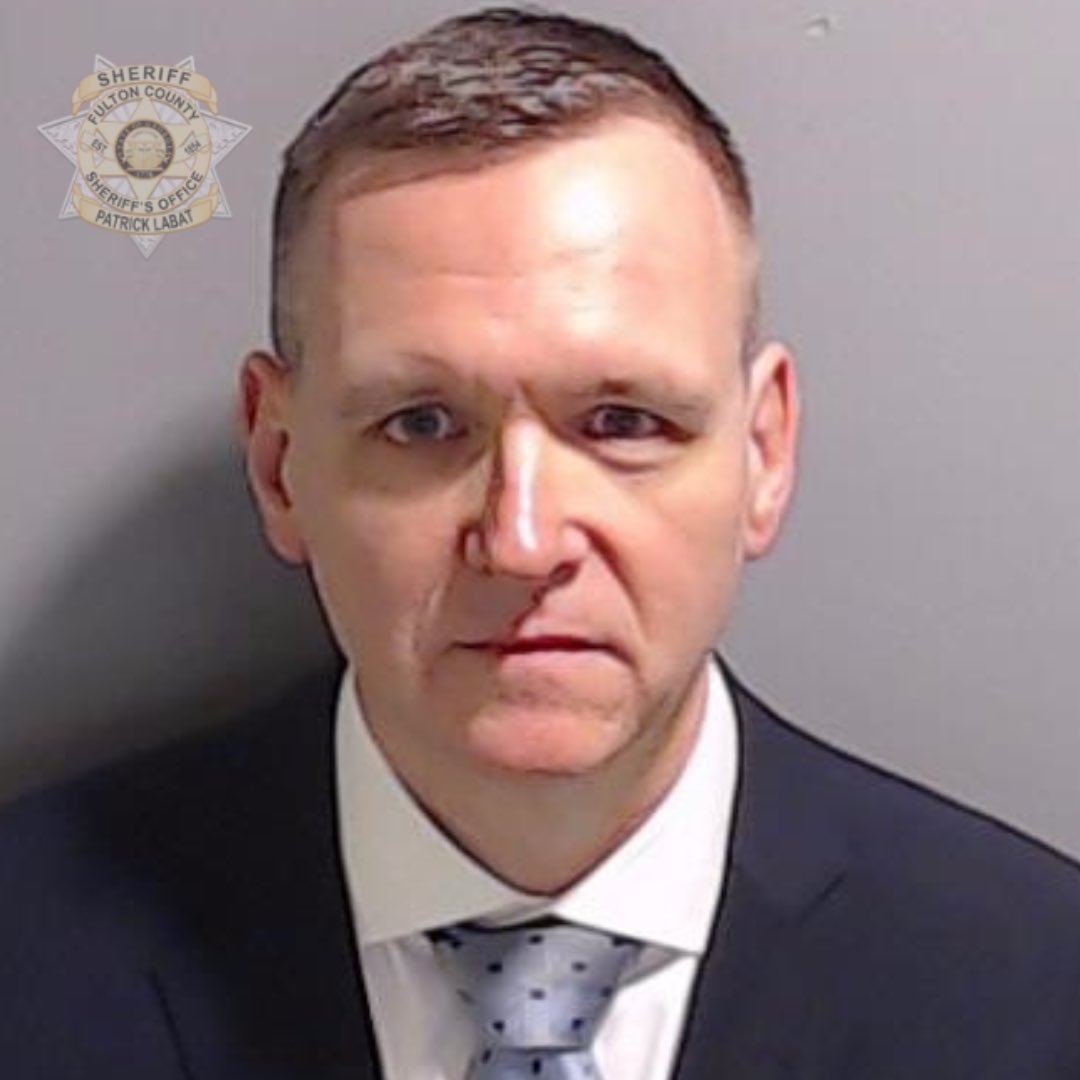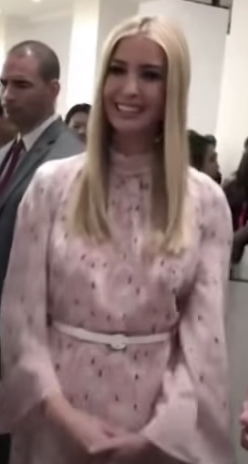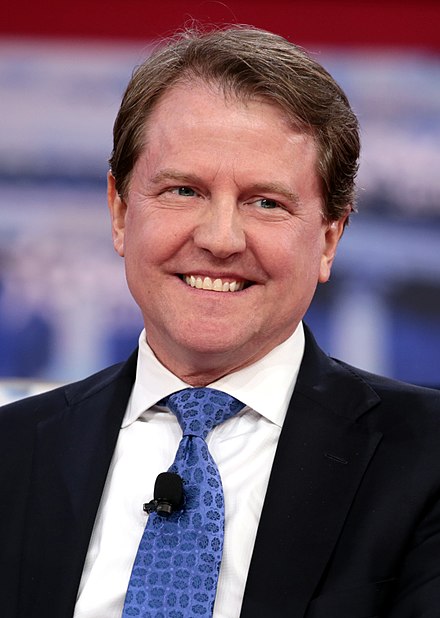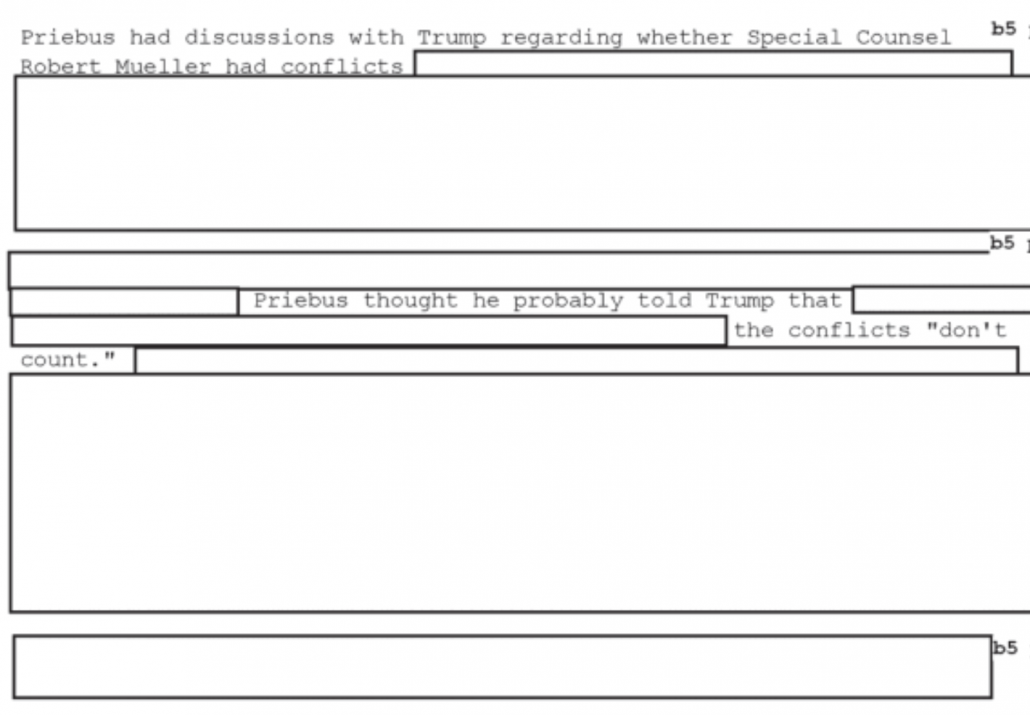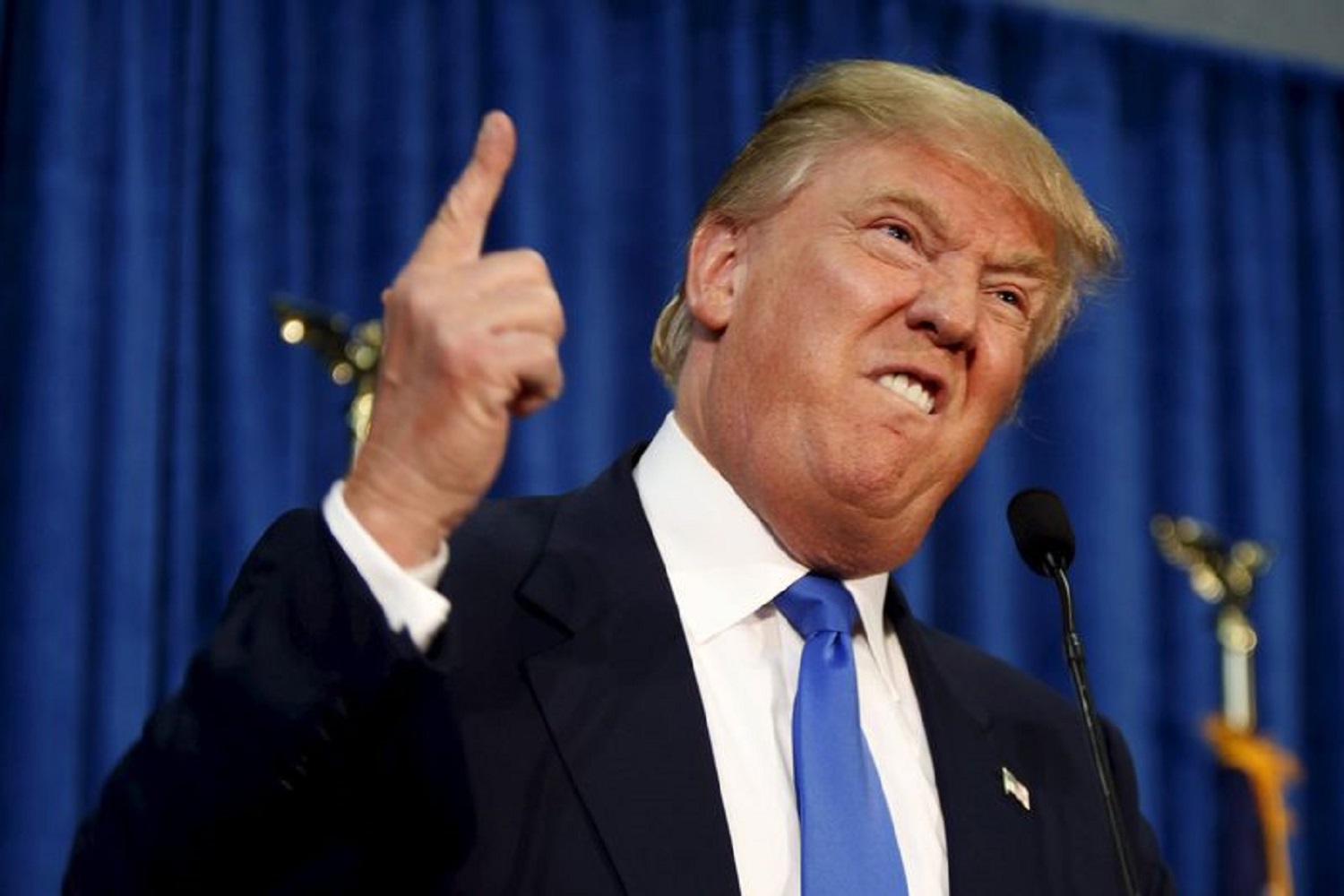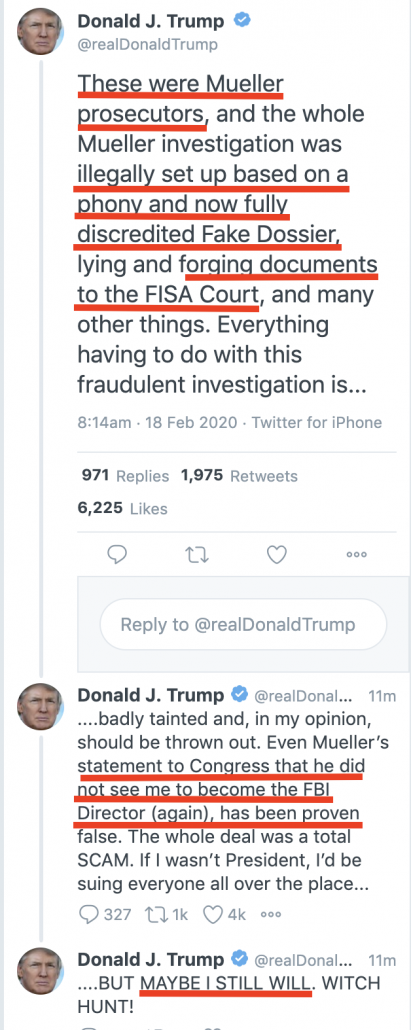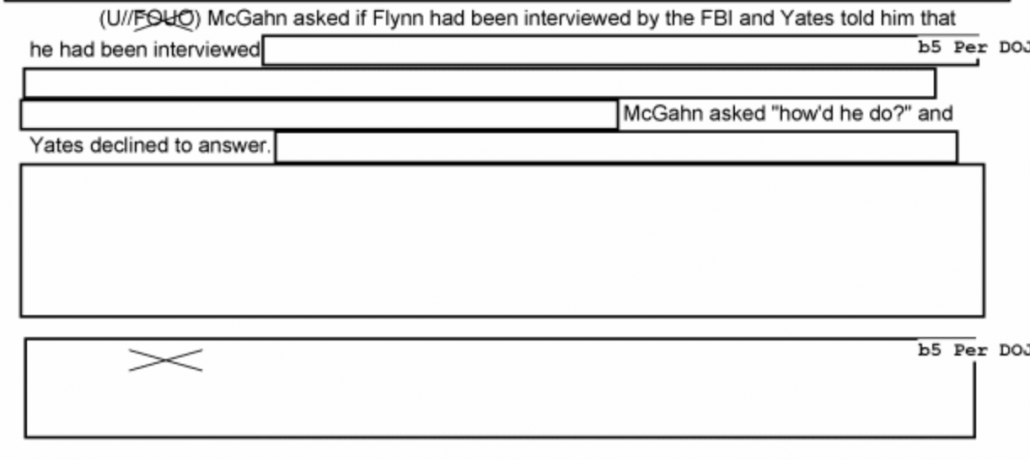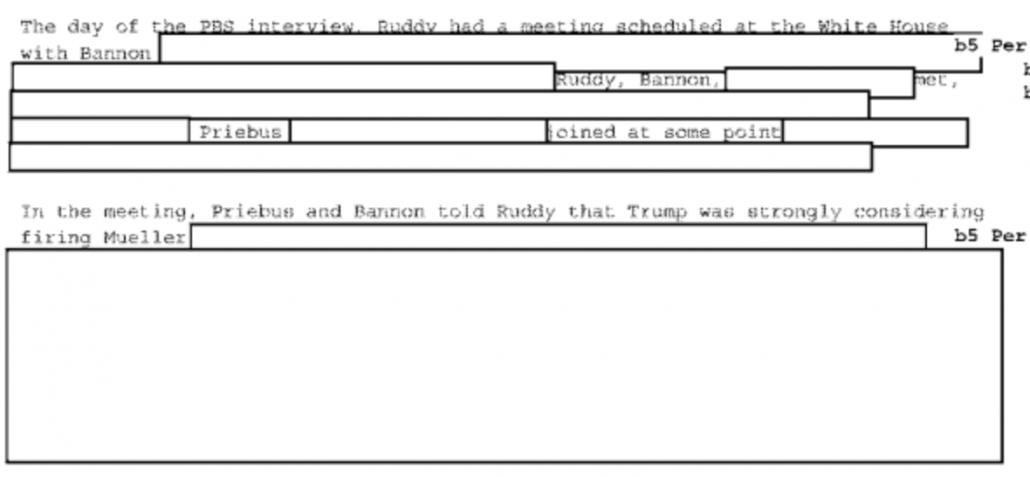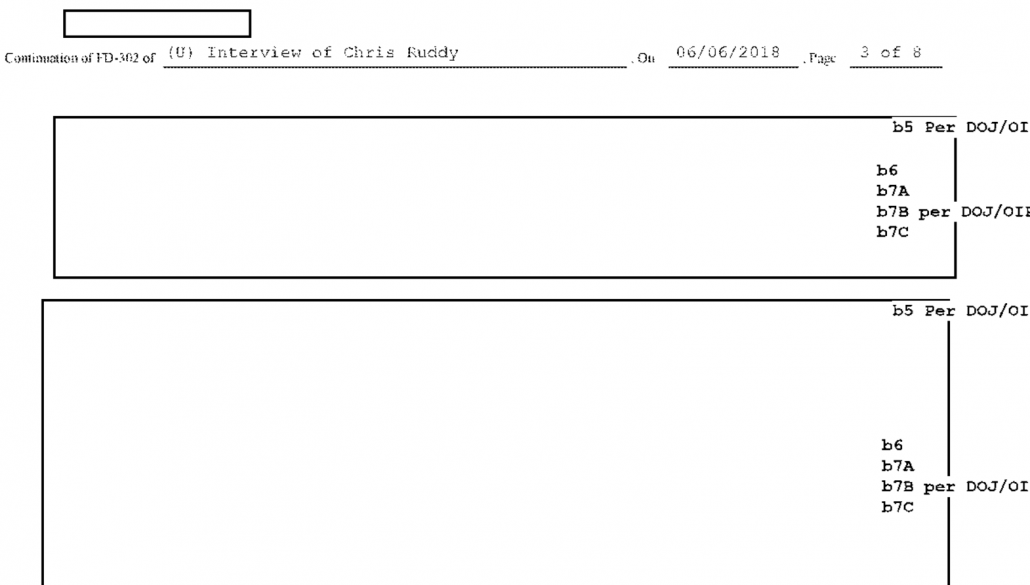On December 5, I suggested that Speaker Pelosi delay the full House vote on impeachment until early February. I intimated there were public reasons — the possibility of a ruling on the Don McGahn subpoena and superseding charges for Lev Parnas — I thought so and private ones. One of the ones I did not share was the Stone sentencing, which at that point was scheduled for February 6. Had Pelosi listened to me (!!!) and had events proceeded as scheduled, Stone would have been sentenced before the final vote on Trump’s impeachment.
But things didn’t work out that way. Not only didn’t Pelosi heed my suggestion (unsurprisingly), but two things happened in the interim.
First, Stone invented a bullshit reason for delay on December 19, the day after the full House voted on impeachment. The prosecutors who all resigned from the case yesterday objected to the delay, to no avail, which is how sentencing got scheduled for February 20 rather than the day after the Senate voted to acquit.
Then, on January 6, Trump nominated Jessie Liu, then the US Attorney for DC, to be Undersecretary for Terrorism and Financial Crimes, basically the person who oversees the process of tracking criminal flows of finance. She won’t get that position — her nomination was pulled yesterday in advance of a Thursday confirmation hearing. But her nomination gave Barr the excuse to install a trusted aide, Timothy Shea, at US Attorney for DC last Thursday, the day after the impeachment vote and in advance of the now-delayed Stone sentencing.
Liu, who is very conservative and a true Trump supporter, had been nominated for a more obvious promotion before. On March 5, Trump nominated her to be Associate Attorney General, the number 3 ranking person at DOJ. But then she pulled her nomination on March 28 because Senators objected to her views on choice.
But let’s go back, to late August 2018. Michael Cohen and Sam Patten had just pled guilty, and Cohen was trying to find a way to sort of cooperate. Rudy Giuliani was talking about how Robert Mueller would need to shut down his investigation starting on September 1, because of the election. I wrote a post noting that, while Randy Credico’s imminent grand jury appearance suggested Mueller might be close to finishing an indictment of Stone, they still had to wait for Andrew Miller’s testimony.
Even as a I wrote it, Jay Sekulow was reaching out to Jerome Corsi to include him in the Joint Defense Agreement.
During the entire election season, both Paul Manafort and Jerome Corsi were stalling, lying to prosecutors while reporting back to Trump what they were doing.
Then, the day after the election, Trump fired Jeff Sessions and installed Matt Whitaker. Whitaker, not Rosenstein, became the nominal supervisor of the Mueller investigation. Not long after, both Manafort and Corsi made their game clear. They hadn’t been cooperating, they had been stalling to get past the time when Trump could start the process of ending the Mueller investigation.
But Whitaker only reactively kept Mueller in check. After Michael Cohen’s December sentencing made it clear that Trump was an unindicted co-conspirator in a plot to cheat to win, Whitaker started policing any statement that implicated Trump. By the time Roger Stone was indicted on January 24, 2019 — after Trump’s plan to replace Whitaker with the expert in cover ups, Bill Barr — Mueller no longer noted when Trump was personally involved, as he was in Stone’s efforts to optimize the WikiLeaks releases.
But then, when Barr came in, everything started to shut down. Mueller moved ongoing prosecutions to other offices, largely to DC, under Jessie Liu’s supervision. As Barr came to understand where the investigation might head, he tried to promote Liu out of that position, only to have GOP ideology prevent it.
Barr successfully dampened the impeach of the Mueller Report, pretending that it didn’t provide clear basis for impeaching the President. It was immediately clear, when he did that, that Barr was spinning the Stone charges to minimize the damage on Trump. But Barr did not remove Mueller right away, and the Special Counsel remained up until literally the moment when he secured Andrew Miller’s testimony on May 29.
The next day, I noted the import of raising the stakes for Trump on any Roger Stone pardon, because Stone implicated him personally. That was more important, I argued, than impeaching Trump for past actions to try to fire Mueller, which Democrats were focused on with their attempt to obtain Don McGahn’s testimony.
Still, those ongoing investigations continued under Jessie Liu, and Stone inched along towards trial, even as Trump leveraged taxpayer dollars to try to establish an excuse to pardon Manafort (and, possibly, to pay off the debts Manafort incurred during the 2016 election). As Stone’s trial laid out evidence that the President was personally involved in optimizing the release of emails Russia had stolen from Trump’s opponent, attention was instead focused on impeachment, his more recent effort to cheat.
In Stone’s trial, he invented a new lie: both Randy Credico and Jerome Corsi had falsely led him to believe they had a tie to WikiLeaks. That didn’t help Stone avoid conviction: Stone was found guilty on all counts. But it gave Stone yet another cover story to avoid revealing what his ties to WikiLeaks actually were and what he did — probably with Trump’s assent — to get it. For some reason, prosecutors decided not to reveal what they were otherwise prepared to: what Stone had really done.
Immediately after his conviction, Stone spent the weekend lobbying for a pardon. His wife appeared on Tucker Carlson’s show and someone got inside White House gates to make the case.
But, as impeachment proceeded, nothing happened, as the Probation Office started collecting information to argue that Stone should go to prison for a long while. The day Democrats finished their case against Donald Trump, though, Bill Barr made his move, replacing Liu before she was confirmed, removing a very conservative Senate confirmed US Attorney to install his flunkie, Timothy Shea. But even that wasn’t enough. Prosecutors successfully convinced Shea that they should stick to the probation office guidelines recommending a stiff sentence. When Timothy Shea didn’t do what Barr expected him to, Barr intervened and very publicly ordered up the cover up he had promised.
Effectively, Bill Barr is micro-managing the DC US Attorney’s office now, overseeing the sentencing of the man who could explain just how involved Trump was in the effort to maximize the advantage Trump got from Russia’s interference in 2016, as well as all the other prosecutions that we don’t know about.
Trump has, finally, succeeded in firing the person who oversaw the investigations into his role in the Russian operation in 2016. Just as Stone was about to have reason to explain what that role was.
Timeline
August 21, 2018: Michael Cohen pleads guilty
August 31, 2018: Sam Patten pleads guilty
September 5, 2018: Jay Sekulow reaches out to Corsi lawyer to enter into Joint Defense Agreement
September 6, 2018: In first Mueller interview, Corsi lies
September 17, 2018: In second interview, Corsi invents story about how he learned of Podesta emails
September 21, 2018: In third interview, Corsi confesses to establishing a cover story about Podesta’s emails with Roger Stone starting on August 30, 2016; NYT publishes irresponsible story that almost leads to Rod Rosenstein’s firing
October 25, 2018: Rick Gates interviewed about the campaign knowledge of Podesta emails
October 26, 2018: Steve Bannon admits he spoke with Stone about WikiLeaks
October 31, 2018: Prosecutors probably show Corsi evidence proving he lied about source of knowledge on Podesta emails
November 1 and 2, 2018: Corsi continues to spew bullshit in interviews
November 6, 2018: Election day
November 7, 2018: Jeff Sessions is fired; Matt Whitaker named Acting Attorney General
November 9, 2018: Corsi appears before grand jury but gives a false story about how he learned of Podesta emails; Mueller threatens to charge him with perjury
November 15, 2018: Trump tweets bullshit about Corsi’s testimony being coerced
November 23, 2018: Corsi tells the world he is in plea negotiations
November 26, 2018: Corsi rejects plea
December 7, 2018: Trump nominates Bill Barr Attorney General
January 18, 2019: Steve Bannon testifies to the grand jury (and for the first time enters into a proffer)
January 24, 2019: Roger Stone indicted for covering up what really happened with WikiLeaks
February 14, 2019: Bill Barr confirmed as Attorney General
March 5, 2019: Jessie Liu nominated to AAG; Bill Barr briefed on Mueller investigation
March 22, 2019: Mueller announces the end of his investigation
March 24, 2019: Bill Barr releases totally misleading version of Mueller results, downplaying Stone role
March 28, 2019: Liu pulls her nomination from AAG
April 19, 2019: Mueller Report released with Stone details redacted
May 29, 2019: As Mueller gives final press conference, Andrew Miller testifies before grand jury
November 12, 2019: Prosecutors apparently change Stone trial strategy, withhold details of Stone’s actual back channel
November 15, 2019: Roger Stone convicted on all counts
January 6, 2020: Jessie Liu nominated to Treasury
January 16, 2020: Probation Office issues Presentence Report calling for 7-9 years
January 30, 2020: Bill Barr replaces Liu with Timothy Barr, effective February 3; DOJ submits objection to Presentence Report
February 3, 2020: Timothy Shea becomes acting US Attorney
February 5, 2020 : Senate votes to acquit Trump
February 6, 2020: Initial sentencing date for Roger Stone
February 10, 2020: Stone sentencing memoranda submitted
February 11, 2020: DOJ overrules DC on Stone sentencing memorandum, all four prosecutors resign from case
February 20, 2020: Current sentencing date for Roger Stone

